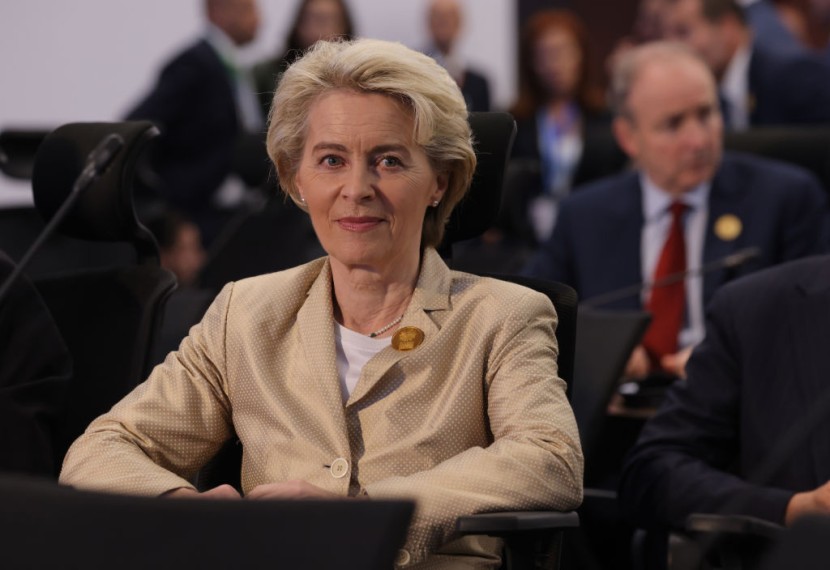
European Union officials have agreed to place a price cap on Russian oil imports at $60 a barrel, just days before the ban on most imports comes into effect.
The president of the European Commission, Ursula von der Leyen, confirmed the news of the deal, which had needed approval from holdout Poland, on Twitter. It marked a crucial milestone in efforts by the West to punish Russian President Vladimir Putin without further adding stress to the global economy.
Russian Oil Price Cap
In a statement, von der Leyen said that the European Union, the G7, and other global partners agreed to introduce a price cap on Russian oil that came via the sea. She added that the decision would strengthen sanctions placed on Moscow and diminish its revenues while stabilizing energy markets.
The situation would allow EU-based operators to ship the oil to third-party countries provided that it is priced below the agreed cap. The 27 member states of the bloc agreed on Friday to set the cap to $60 a barrel, as per CNN.
Earlier this year, the biggest economies in the West agreed to establish a price cap after lobbying by the United States. They also pledged to hash out details regarding the situation by early December. However, agreeing on the price cap's exact amount had proven to be a difficult matter.
Previously, officials discussed capping the price of Russian oil between $65 and $70 a barrel, however, it would not have caused many problems for the Kremlin. Russia's benchmark, Urals crude, has already been trading within or close to that range recently. Various EU countries, such as Poland and Estonia, had pushed for the cap to be placed lower.
According to the New York Times, the deal also comes as the final agreement following months of deliberations on how to mount pressure on Russia while avoiding an oil price shock that would result in a global recession.
Sanctions Over Moscow's Invasion of Ukraine
Von der Leyen noted that the newly agreed on price cap has three objectives; first is to strengthen the effect of sanctions; second is to further diminish Russia's revenues; and third, to stabilize global energy markets.
Following the announcement of the agreement, the United States praised the deal and said it would work to curtail Russia's ability to fund its war on Ukraine. United States Treasury Secretary Janet Yellen said that the G7, European Union, and Australia have worked together to restrict Putin's primary source of funding for his invasion of Ukraine.
The agreed-upon price cap reflects what US authorities have long argued is their primary goal in pushing the plan. This was to keep millions of barrels of Russian oil flowing into the global market as a new wave of European sanctions on Moscow's oil exports takes effect.
On the other hand, Russian officials have warned, amid their continuous attacks on Ukraine, that an oil price cap on their exports could wreak havoc on the energy markets and push commodity prices even higher amid already smothering costs experienced by citizens worldwide, CNBC reported.
Related Article: Russia-Ukraine War: Moscow Pulling Out Forces from Zaporizhzhia Region; Germany To Send More Tanks To Ukraine








